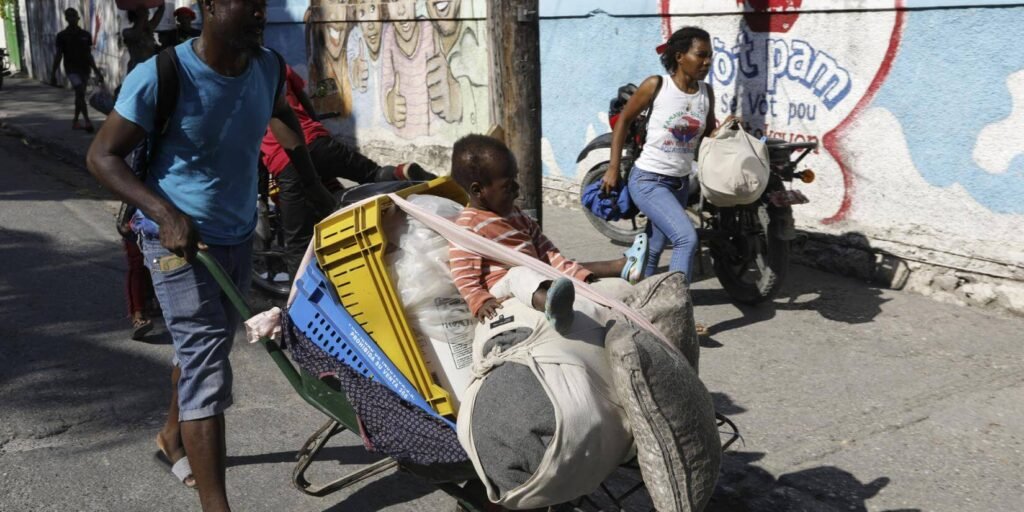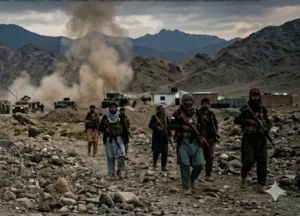At least 180 people, primarily elderly residents, were brutally killed during a weekend massacre in Port-au-Prince, Haiti. The killings occurred in the Wharf Jérémie area of the Cité Soleil neighborhood, a gang-controlled location, and shocked the international community.
The National Human Rights Defence Network (RNDDH) reported that Monel Felix, known as Mikano, planned the massacre. Felix, a notorious gang leader, targeted elderly locals after consulting a voodoo priest about his son’s mysterious illness. The priest blamed the disease on witchcraft.
However, the blame on witchcraft led to Felix accusing the elderly residents of practicing voodoo and causing his son’s death. Over the weekend, gang members stormed homes, abducted the individuals, and brutally murdered them with knives and machetes.
Witnesses described the horrors of mutilated bodies being burned in the streets. The United Nations human rights chief Volker Türk confirmed the killings, calling it the deadliest incident in Haiti this year.
Gang violence has engulfed Haiti, with an estimated 5000 people killed in 2024 alone, according to the UN. Rights groups linked the specific attack to gang attempts to expand territory, which often resulted in civilians being targeted.
Recent data shows that gangs control 85% of Port-au-Prince, forcing over 700,000 residents, including children, to flee their homes. Despite the presence of the Kenyan-led Multinational Security Support Mission, efforts to stabilize Haiti remain ineffective.
However, the Kenyan-led mission faces severe funding and equipment shortages, leaving gangs like Felix’s to operate unchallenged. The massacre in Port-au-Prince, Haiti, highlights the urgent need for international intervention. Residents and human rights groups continue to demand justice for the victims of this heinous tragedy.









